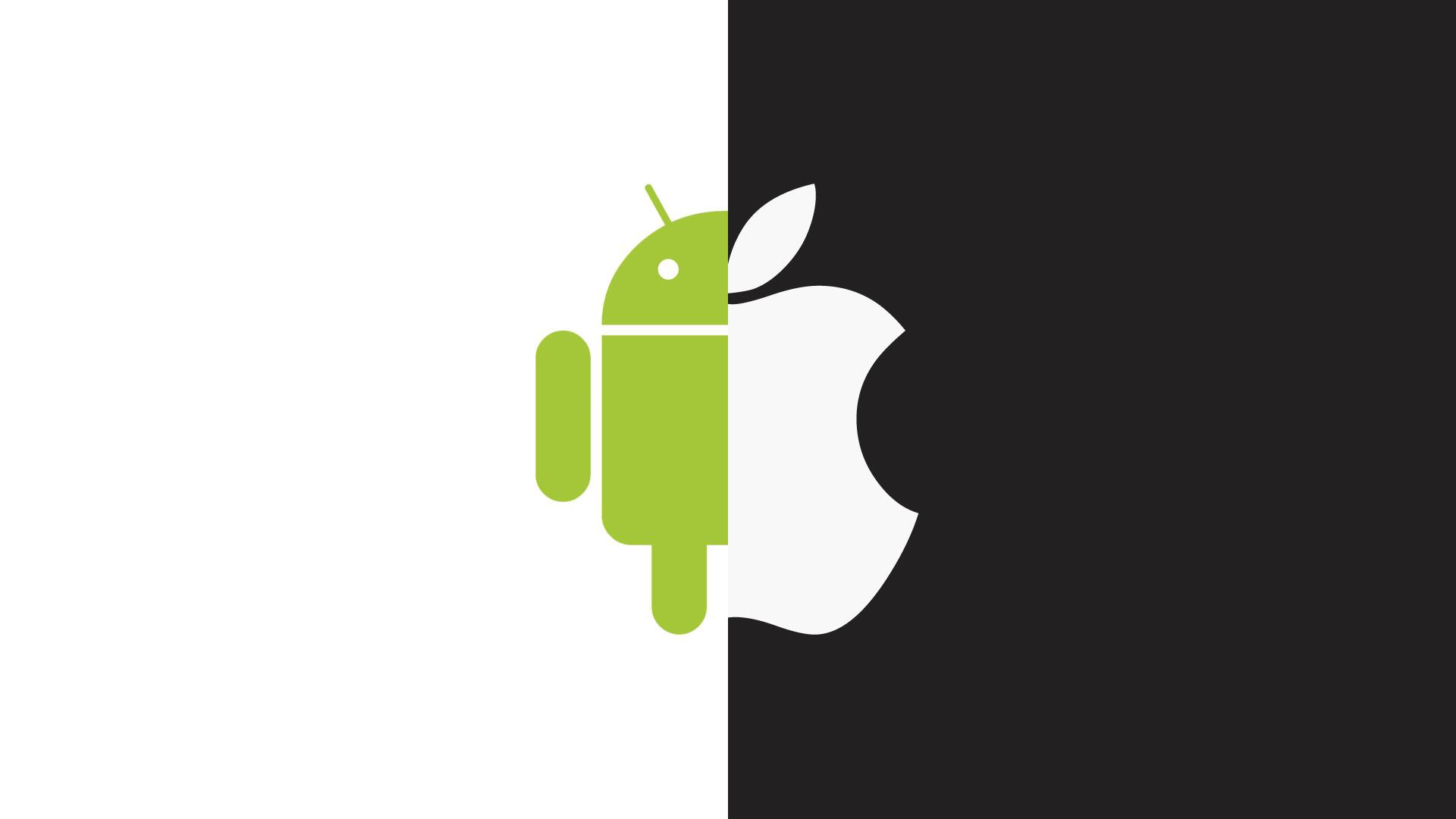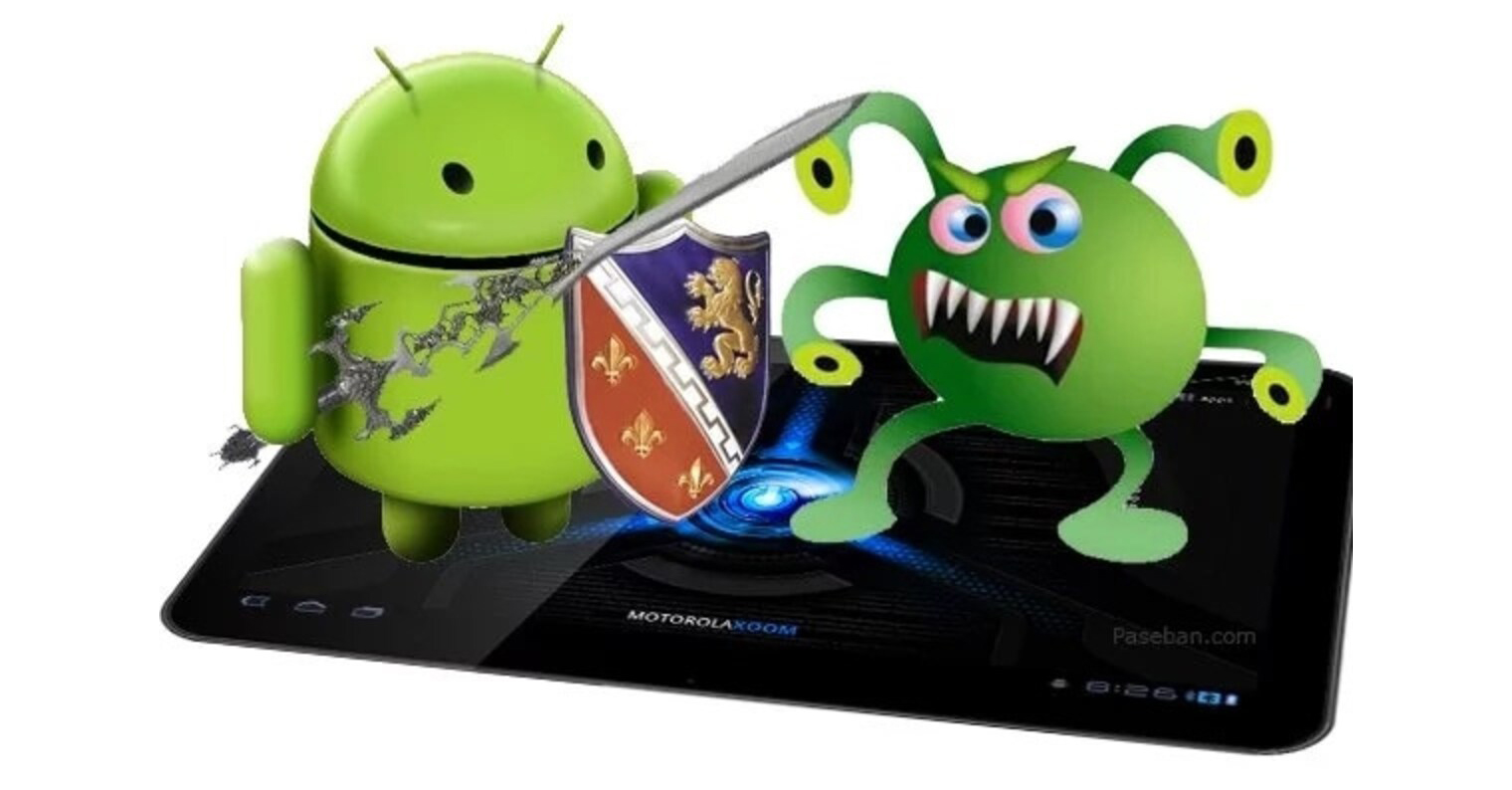The debate about whether the system from Google or the one from the Californian company is better is endless. I don't want to go into the details of which one of them has the upper hand, everyone has something for themselves and it is very good that the market is not dominated by only one, as this creates a competitive battle in which both systems have a lot to catch up on. But how are iOS and Android from the perspective of the blind? If you are interested in this topic, be sure to read this article.
It could be interest you
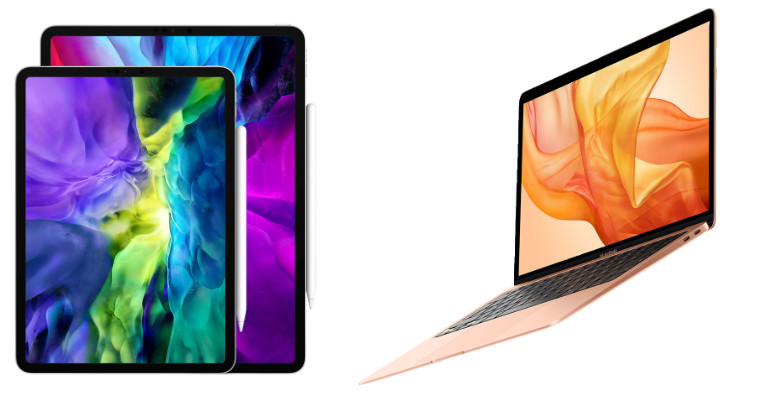
If you've been around a bit in the technology industry, you certainly know that iOS is a closed system, where Apple produces both hardware and software itself, while there are many phones with Android, and each manufacturer adjusts the individual system superstructures a little in their own way. But this is one of the problems that visually impaired users encounter when choosing Android phones. Not all superstructures are adapted for control with a screen reader - a talking program. For some of them, the reader does not read all the items, skips variously and does not work as it should. Of course, this does not mean that there are no add-ons that can be conveniently used with a screen reader, for example, Samsung has relatively accessible ones. When a blind person chooses a system with pure Android, he also wins in terms of the system's sound system as such. Either way, with iOS, the user experience is more or less always the same, which of course means an easier choice of smartphone.
But as far as the readers themselves are concerned, Google is losing quite significantly here. Apple was dominant in accessibility for the blind with the VoiceOver reader for quite a long time, but gradually Google began to catch up with its Talk Back. Unfortunately, Google has been asleep for some time now and the reader has not advanced significantly. Often, even with powerful machines, we encounter a very slow response after turning on the reader, in addition, Talk Back does not contain some functions or does not have them tuned. For example, after connecting an external keyboard or braille line to the iPhone, you can use many keyboard shortcuts and work fully, but this does not apply to Android, or rather to the Talk Back reader.
It could be interest you
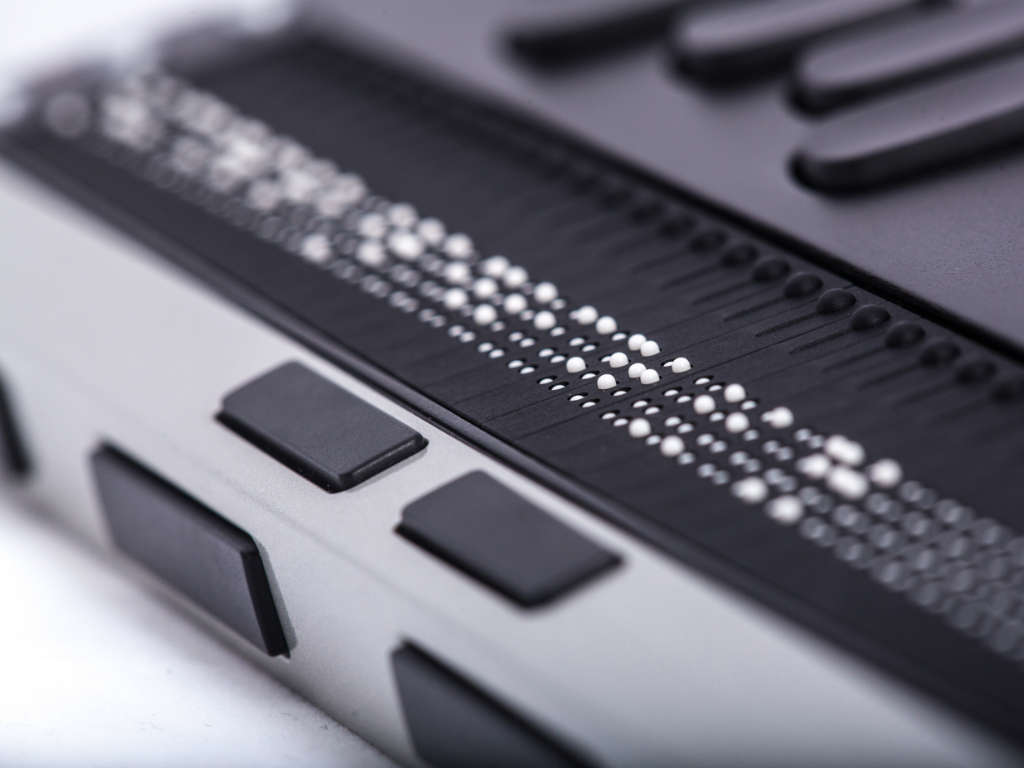
But it is true that there is not just one reader for the Google operating system. Most of them were not very usable, but now there is a very interesting program, Commentary Screenreader. It comes from the workshop of a Chinese developer, which is probably the biggest disadvantage. Not because it tracks your device, but unfortunately the developer doesn't want to make it available for download on Google Play, which means you have to do all the updates manually. On the other hand, it's the best reader for Android so far, and while VoiceOver is further along in some ways, it's not a bad alternative at all. Unfortunately, this reader is programmed by only one developer, so its future is very uncertain.
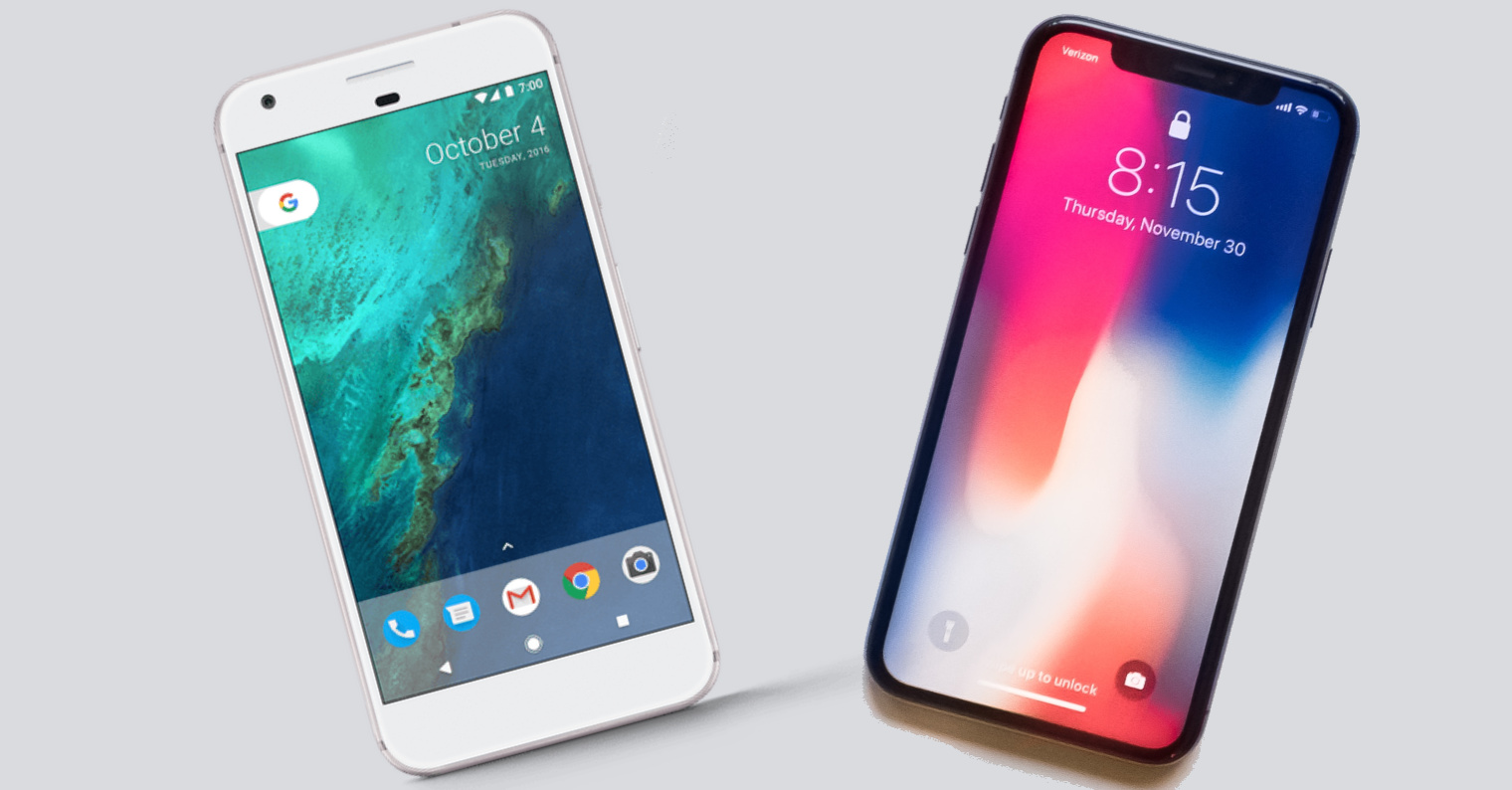
iOS is definitely more popular among visually impaired users, and there's no sign of that changing significantly. The biggest problem in Android is readers and individual add-ons. On the other hand, it is by no means the case that Android is unusable for the blind, but Apple's system is more suitable for faster and more efficient work with the phone. According to what preferences do you choose the system?
It could be interest you
